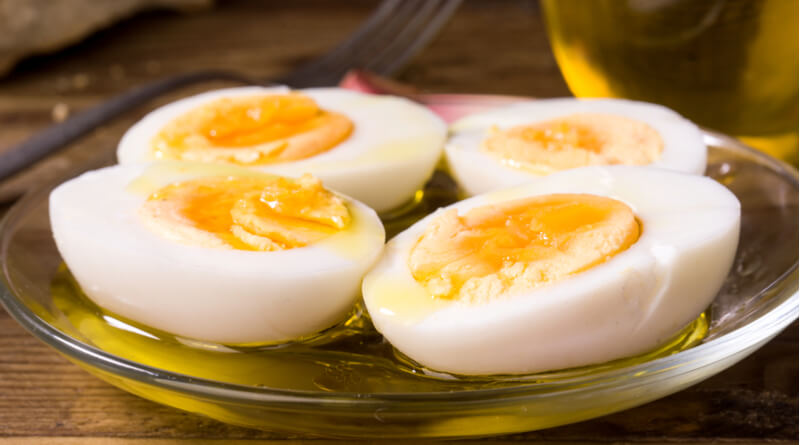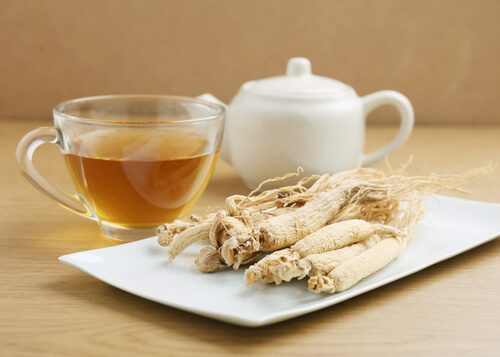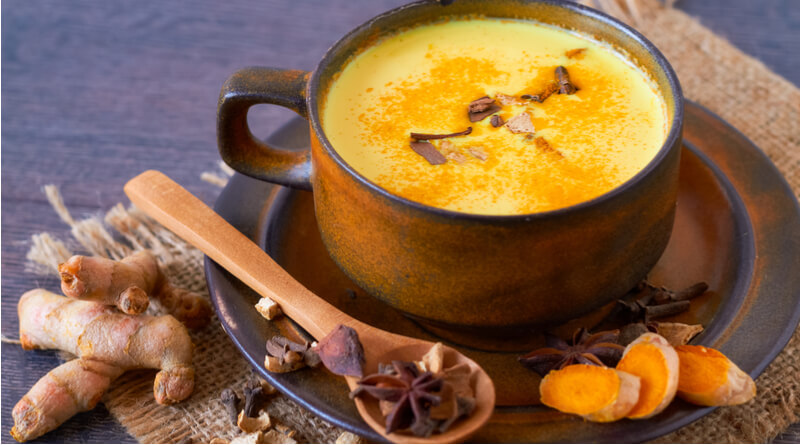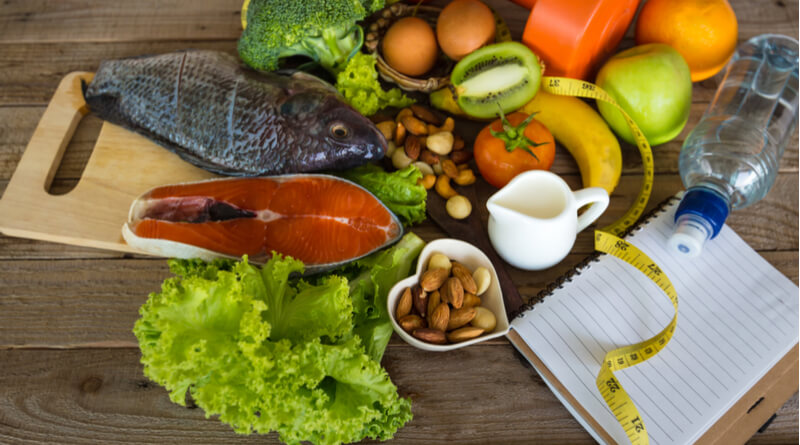Cooking eggs is a skill most people learn at some time or another, unless you’re a vegan. Most people may think they don’t have anything left to learn about cooking eggs. Those people would be wrong. Eggs are one of the most profound food ingredients out there; their depth is immeasurable. For example, did you know that you can enhance the egg cooking experience by using vinegar? Read below to find out how:
Which Vinegar is good?
When using vinegar in your egg cooking you should make sure to utilize white vinegar. It only has 5% of acetic acid which makes it safe for the human body and gentle enough to handle your sensitive foods like eggs and veggies.
Makes eggs easy to peel
Peeling an egg can be a true chore. The shell will flake off and get stuck under your nails. And it’s generally an easy way to cause a mess. Using vinegar can make this laborious task a breeze. Simply soak the egg in vinegar, and a chemical reaction will occur that dissolves the outer shell.
Kill germs
You never can be too safe with animal products. Although you’re going to cook your eggs, you want to be careful even when handling the shells. You should always rinse your eggs with lukewarm water before cooking them to kill any bad bacteria they may contain. If you include a few drops of white vinegar in the rinse, it will be even more effective.
Enhances taste
Vinegar is not just utilitarian. It doesn’t just help cleanse your eggs or help you peel their shells easier. It is also a very effective taste enhancer. Try adding a few drops of vinegar to the next batch of eggs you cook. It will give your eggs an interesting acidic bent to them that makes them quite tasty indeed.
Easier to beat your eggs
Vinegar is also a great agent to use when beating or whipping your eggs. The acetic acid content of the vinegar causes a reaction during the beating process which can literally cut it in half. It also helps to keep your egg whites fluffy for longer.








